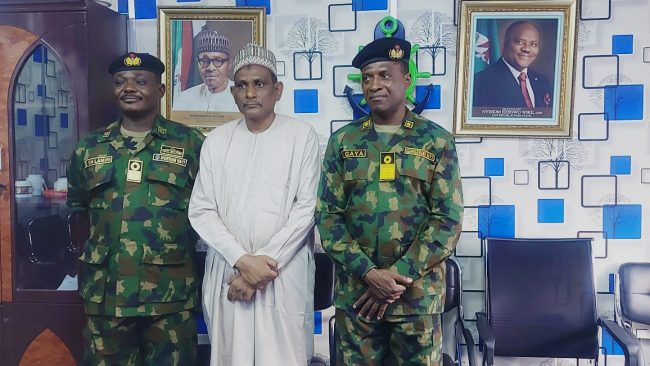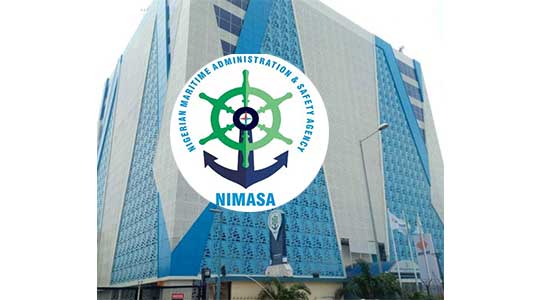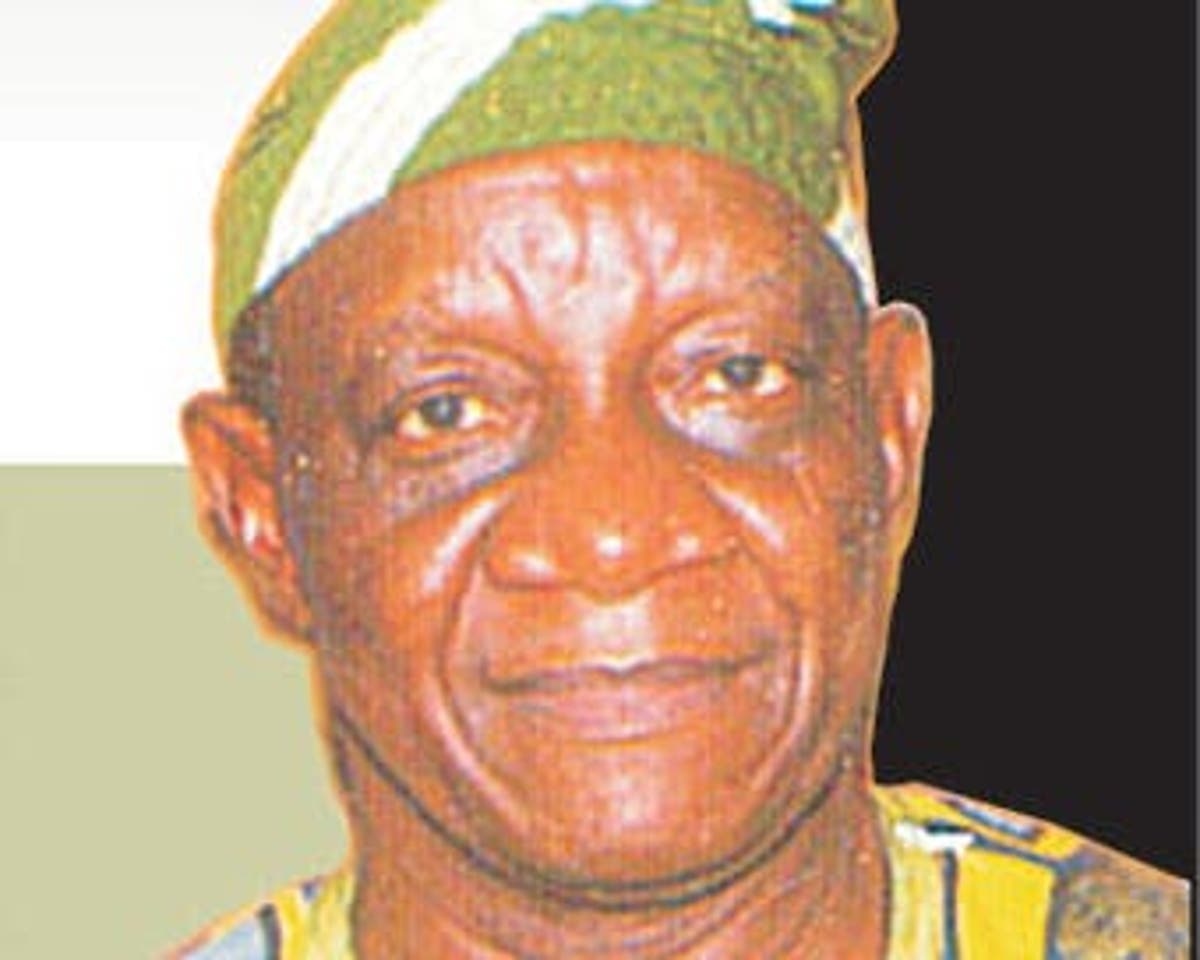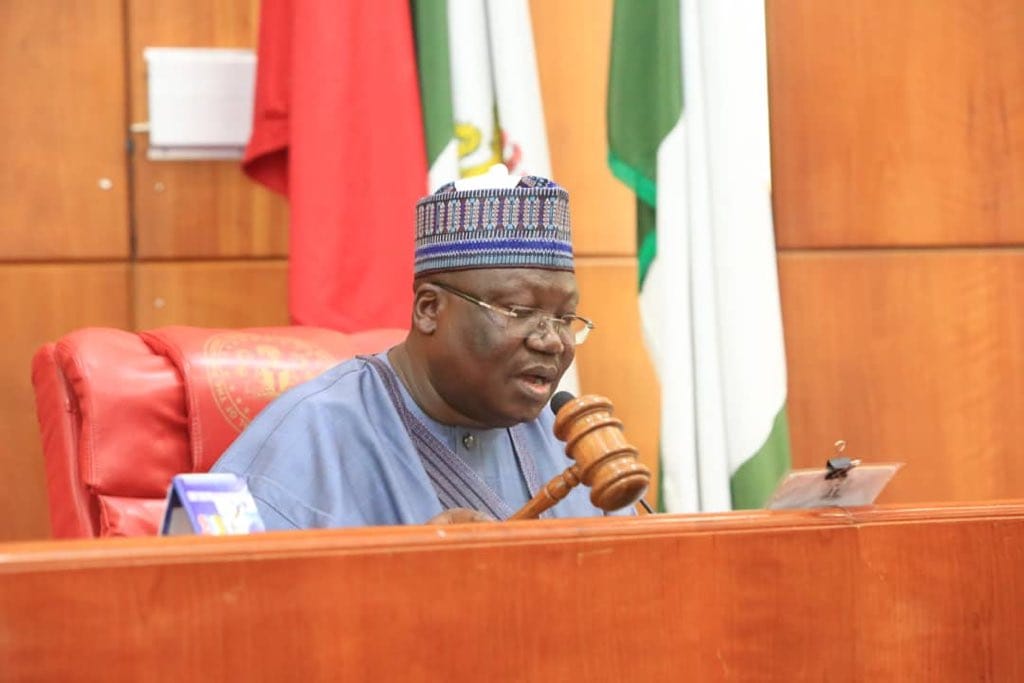By Dele Sobowale
“DELTA: N87b fraud rocks construction of Maritime University Okerenkoko.”
Before we go forward on this startling revelation about the Nigerian Maritime Administration and Safety Agency, NIMASA, under former President Jonathan, who I understand is nursing ambitions to re-contest for the office, please remember that less than that amount has kept our universities shut for months. In other words, some individuals known to the Jonathan government sat on this colossal amount from November 2013; and the President whose government awarded these abandoned contracts shamelessly asked for our votes in 2015 – in order to award more of such bogus contracts.
The NIMASA contract under review represents a perfect case study of how indigenes of various states and communities in the Niger Delta had individually and collectively betrayed their own people after being appointed to Ministries or Agencies which can make great impacts on the lives of the people.
NDDC SCAMS REPEATED BY BROTHERS/SISTERS OF THE PEOPLE
Unworthy to be called brothers and sisters is perhaps the best way to describe virtually all the sons and daughters of the Niger Delta who occupied high positions of authority from 1999 till now; but especially during the Jonathan years – 2010-2015. There is hardly any state government, no Minister, no Departmental or Agency head whose tenure was not plagued with high level corruption. The NIMASA scandal echoed the quietly forgotten embezzlements which the probe of the Niger Delta Development Commission, NDDC, by the National Assembly, NASS, revealed. At NDDC as in NIMASA, trillions of naira worth of contracts were awarded and funds released only for the contractors to abandon them without any consequences. So brazen are they that most of the culprits have not left Nigeria. They actually flaunt the loot right in our faces while the Niger Delta remains under-developed as the Age of Oil is coming to an end. Uniformly, they are conscienceless.
Lest we forget, the NASS probe into the activities (or should we say crimes?) of the former Interim Management Committee, IMC, highly recommended by the Minister for Niger Delta, ND, and headed by the fainting Professor, achieved several feats, none of which would ever promote the development of the Niger Delta. Before Buhari sacked the IMC (and the President was warned against appointing them) they have miraculously visited ND students stranded abroad at a time when Nigerian and foreign airports were shut down on account of COVID-19. Several million naira went into that.
Not done with self-service, the IMC members had awarded themselves generous COVID-19 palliatives allowances. What the Minister received in that regard was not disclosed. Readers can assume it was generous. Despite all these, nobody can point to one single positive achievement of the IMC while it lasted.
Betrayal of the people is becoming the standard operating procedure of anybody or group of individuals charged with the responsibility of developing any part of the ND. So, the reader will be partly right to wonder what makes this particular case so special? At least three reasons suggest why.
First, four or five projects, if sited in virgin territory in Nigeria, will transform the place into a town within twenty years. These are: refinery, airport, brewery and university. Since 1974, when I first started travelling all over this country, none of those projects, if sustained for more than twenty years had failed to achieve that transformation in the area where it was situated.
I was not in Nigeria when the nation’s four refineries were established in their places. But, I have witnessed the rapid growth of population around them since 1974. None has failed to attract collateral investments since the ground breaking ceremonies to this day – despite their failure to supply fuel.
Breweries, I am more familiar with – after spending close to seven years in three of them. The establishment of North Brewery in Bompai, Kano, accelerated the expansion of that industrial estate in the 1970s and 1980s more than any other business in the estate. At one point, one out of every two trailers or trucks in and around Bompai Industrial Estate was there on brewery business. In 1981, as the young Marketing Manager for the brewery, I would be receiving greetings from drivers of trailers and trucks parked over one kilometre from the main gate. Later, I witnessed the same thing at Ijagbo, Kwara State, when Noble was brewed and bottled in that sleepy community.
But, the Nigerian Brewery plant in Enugu State a few kilometres from the 9th Mile Junction was the “Mother” of all. It was the largest in the country and dwarfed everything else in the sector. NBL really had to “go bush wacking” to obtain land big enough for their mighty ambition. Even while it was under construction, it has transformed every hamlet, village or community within two kilometres radius into a fast growing small town. Property values in the area raced past those of larger towns elsewhere. The race was on to build houses for the NBL staff expected, hotels for visitors, schools for the kids and private hospitals. Most of these could certainly not have happened without the brewery.
Airports will be touched briefly and with only two examples given – Akure and Uyo. This again because I am familiar with the development of the two. My in-laws were from Akure and lived in a quiet village between the city of Akure and where the airport is now situated. Everybody’s peace of mind disappeared the day it was announced that an airport was going to be built five kilometres away from them; but, a highway linking the airport and city would pass, literally, through some peoples bedrooms. From then till now the changes in the area had been astonishing.
When Obong Victor Attah, former Governor of Akwa Ibom State proposed the Uyo airport, it was probably not his intention to give people near the location sleepless nights. That was exactly what happened. He also probably never intended to bring about population shift towards the airport. He achieved both. Those are among the consequences of establishing airports in certain areas.
Universities top them all in terms of their ability to turn villages to towns and towns to mini-cities. The Murtala Mohammed/Obasanjo regime set the ball rolling by promulgating a decree making it mandatory for a Federal university to be established in all the nineteen states they created. I was here then; and my travel schedules took me to every corner of Nigeria at least four times a year. I could remember telling my colleagues and drivers, as we drove past a sign saying PERMANENT SITE FOR UNIVERSITY, “nobody will go to university here”. They were all in the bush!!
Well, we live to learn every day. Today, there is none of the first set of universities which is not in the centre of a bubbling town. Even when states went from 19 to 21; then to 30 and 36, universities have become the nucleus of social and economic transformation of the communities where they are established. They never fail.
That in a nutshell explains why I am particularly disturbed by this story of another fraud. Readers would assume that after nearly 30 years on the beat nothing can shock me anymore. That is not true. I still feel pain when adults steal what belongs to young people. Steal mine; although I have little. But, leave the kids’ money.
Buhari should ensure that the funds are retrieved and the university built.







